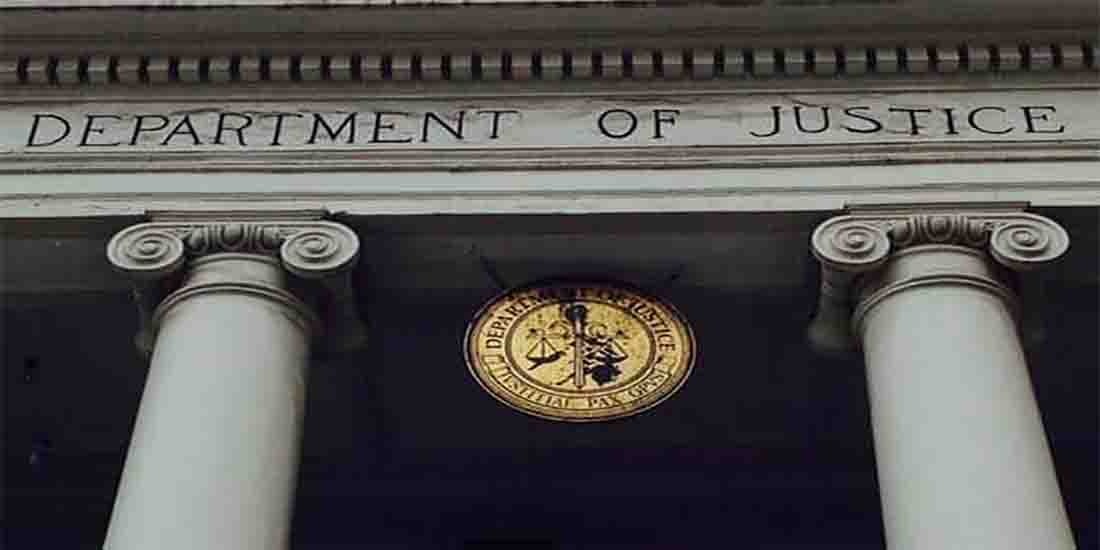The DOJ flip-flops on domestic gambling stance which has major implications across the nation.
An Opinion given by the Department of Justice (DOJ) in 2011 concerning the limitations of the Federal Wire Act has recently been reversed, or reconsidered, by a Memo released by the Office of Legal Counsel (OLC), a division of the DOJ, on Monday, January 14th.
The new Memo, if enforced, would effectively disrupt several gambling sectors currently in operation in the US, as well as, hinder future progress and investment in domestic expanded gambling. As per the Memo released by the DOJ, all domestic gambling forms would need to adhere to intrastate protocols as the new Opinion interprets any form of interstate wagering or gaming as illegal.
The new Opinion came after the US Criminal Division of the DOJ asked the Office of Legal Counsel to reconsider their 2011 Opinion Memorandum. The 2011 Opinion released domestic online lotteries, poker, and casino gambling, as well as, licensed offshore gambling operations from the Wire Act’s prohibitive scope.
This new Opinion specifically targets any and all information related to gaming, which means moving servers, data retrieval systems, payment processors, interactive gaming devices, and more within the jurisdiction, i.e. state, where the business or venue is licensed to offer gambling services.
This new Opinion would prohibit interstate gaming compacts like the current poker player liquidity compact between Nevada, Delaware, and New Jersey, as well as, disrupt domestic gambling business ventures and partnerships between companies outside of the US or outside of specific state jurisdiction.
This Memo could also impact several domestic gambling providers outside of commercial venues like states using iGaming and iLottery software run by the state’s lottery system, tribal venues offering online games, and brick and mortar lottery retailers who offer multi-state lotteries like the Powerball and so on.
The Memo’s intention may have been to localize gambling operations, but it is possible that the OLC did not foresee the increased operating costs associated with compliance of these new standards, which could very well end some business partnerships with software and gaming information technology companies located outside of specific jurisdictions or overseas.
For this reason, many states are asking their licensed operators to detail their direct effect by the change, more than likely to challenge the Opinion in a Court of Law. A legal challenge could delay any proposed implementation of the new Opinion. After the new Memo was released, domestic gambling operators were given a 90-day grace period by the Federal Government ending April 15th, 2019 to meet new compliance standards.

